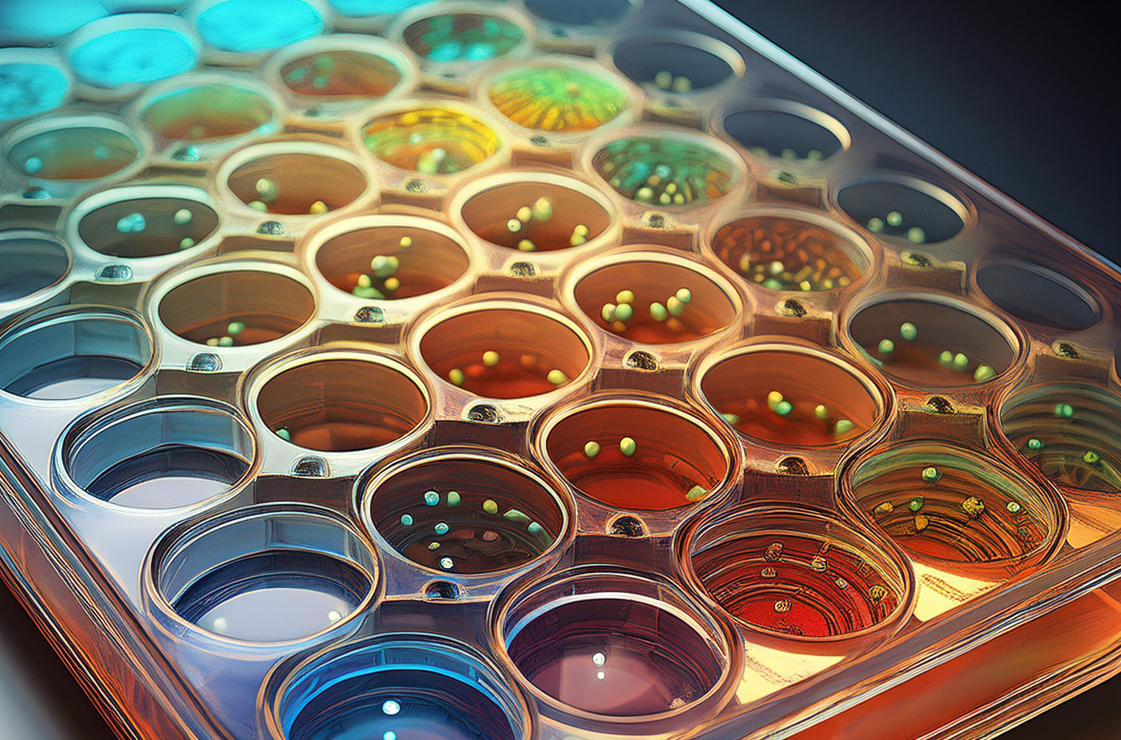It is important to find your place in science. A place where you can excel.
Jean stared out the window of her office thinking about the demands of science. Some scientists were amazing with the literature, the theories and the intricacies of molecular interactions and cellular pathways. Others were great at the bench. Anything they touched turned out useful data. Some were good at both; the bench and the theoretical. Each person needed to understand their own strengths so they could pick the right path for success in their career.
Jean was thinking about Alan, a promising graduate student whose aptitude with the immunological literature was matched only by his infectious enthusiasm. However, Alan was struggling in his latest project and Jean was thinking about moving him to a new project that better suited his bench skills.
As Jean prepared for the conversation, she couldn’t help but reflect on her own early career as a post-doctoral fellow. She struggled to clone a particularly stubborn gene. And it kept her from making progress for months. Each failed attempt had chipped away at her confidence. Her mentor suggested she move from molecular biology to immunology. The lab needed to test new vaccines in primates. The hypothesis was that their new vaccines induced a cellular immune response. But, no one was testing the hypothesis. The immunological assays were not up and running . Learning this new area and its corresponding techniques was a painful, slow evolution. It was like getting a PhD all over again.
And, learning to clone and studying molecular biology is what lead Jean, once she had her PhD in Biochemical Engineering, to pursue a post-doctoral position as opposed to going directly into a career in the pharmaceutical industry.
Despite the difficulties in understanding immunology, overall, the techniques came easy. And Jean was so glad she switched projects.
Developing her first ELISPOT assay had been a revelation. The protocol fell into place like a melody she had always known. It was as if her hands and mind were in perfect synchrony, each step leading effortlessly to the next.
When Alan finally entered her office, he was already talking before he sat down. He was laying out what possibly went wrong with his latest experiment. And, was asking Jean for guidance.
She took a deep breath.
“Alan,” she began, “I need to discuss a new project with you. It’s a shift from what you’ve been working on, but I believe it’s where you’ll make the most impact right now.”
Alan nodded, masking the flicker of disappointment in his eyes. Jean recognized it instantly; she had felt it herself when she was reassigned from her cloning work.
But Jean also knew something Alan didn’t—sometimes, the detours in science were where the real discoveries happened.
“You know when I first started, I was dead set on cloning but my mentor switched me to study vaccine induced immune responses. It was a great move for me and I was able to develop my own projects and now. I am here, as a professor.”
Alan’s posture relaxed, curiosity replacing reluctance.
“I believe this new project can do the same for you,” Jean continued. “It may not be what you had planned, but it might lead you to places you never imagined.”
As Alan left her office, Jean felt the familiar weight of responsibility lift. She had guided him toward a path that might be better.
Two years and four manuscripts later, Jean signed off on Alan’s PhD thesis.
Jean, Alan and the other scientists in the lab celebrated over tacos and margaritas.
Taking a bite into the delicious food, Jean thought back when she first met Alan. He indeed was a promising scientist and would prove to be very successful.
